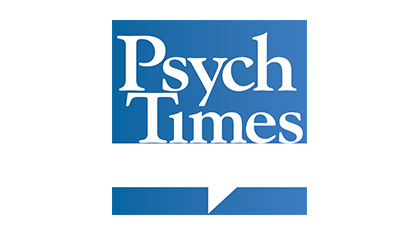
Demystification of the psychiatric experience through transparency with documentation can replace anxiety with empowerment. The trend toward transparent documentation has potential for many benefits, yet it remains a provocative concept for the field of psychiatry. The OpenNotes initiative that began with sharing primary care notes online and in real time with patients has proved to be a valuable diagnostic and effective treatment tool. Taking away the mystery of what has been written down gives patients the potential to focus on wellness instead of worry.
The medical record is information that belongs to the patient, but more often than not, it is treated like a classified document. The advent of information technology changed the face of 21st-century medicine in Transparent Notes in Psychiatry.
Electronic medical records are changing how clinicians record, retrieve, and exchange medical information about patients. On the legal front, the 1996 passage of the federal Health Insurance Portability and Accountability Act assured patients the right to (1) review their medical records and (2) request corrections and additions be made to the record. Since then, the medical chart is no longer the sole purview of clinicians. All patients own their medical records, although they rarely have easy access to notes written about them by doctors and others.
Online resource centers and support services are changing how patients learn about their diseases and treatments. Transparency in medical care is emerging as a new standard. Physicians are recently coming to realize the benefits enjoyed by patients and the health care system when the information in a patient’s chart is made available in real time. Success in medical record transparency is already well documented in the primary care setting, and it is only a matter of time before such evolving standards pervade psychiatric practice.
[…]
OpenNotes
A large US research collaboration called OpenNotes has proved that increased transparency of notes and democratization of health care transforms the patient-clinician relationship.2 Patients specifically expressed considerable enthusiasm and few fears about reading their notes, anticipating both improved understanding and more involvement in care.3,4 Sharing visit notes has broad implications for quality of care, privacy, and shared accountability.5
Historic lack of transparency has often been harmful to patients and families, who far too often are not informed of the diagnoses in their charts. Patients lacking easy access to their clinical notes is a huge problem, since it seriously cripples (sometimes fatally) their abilities to participate in their care and otherwise ensure that their medical care is person-centered and a good fit for their values.
Read Dr. Helen M. Farrel’s full article by signing up for free to the Psychiatric Times.



